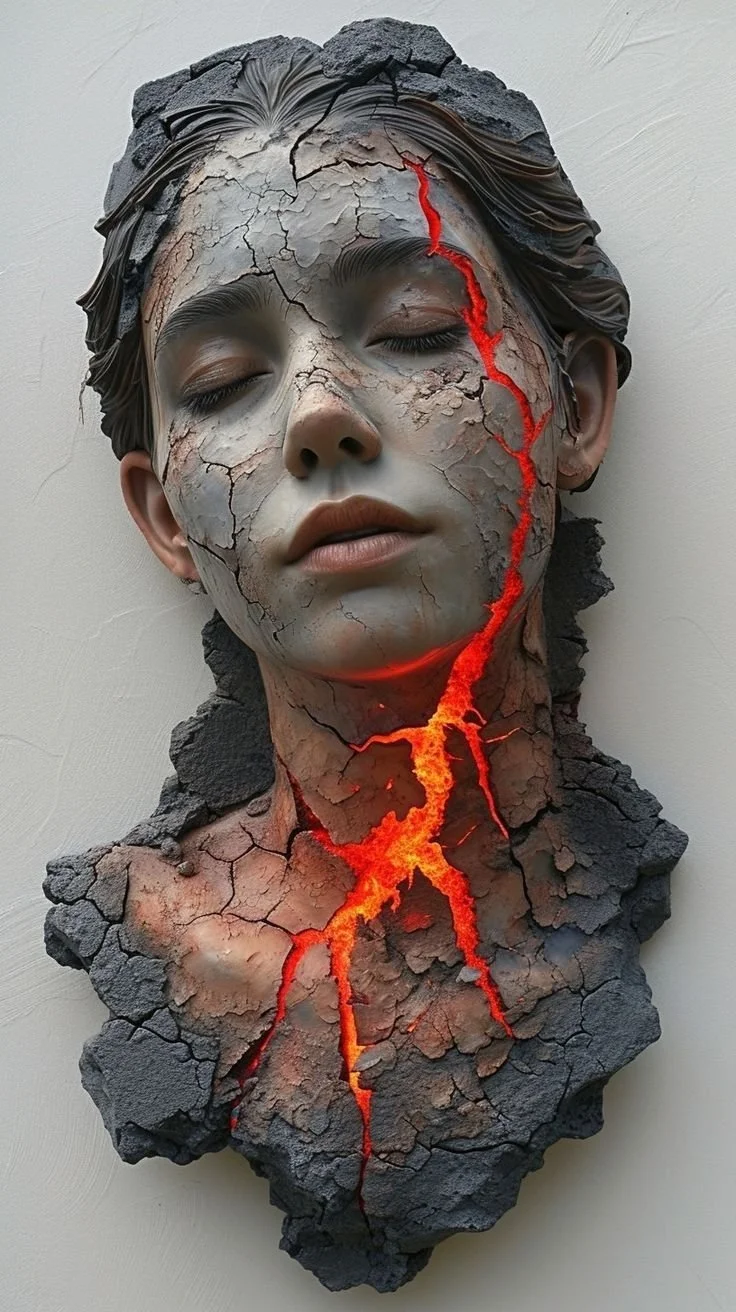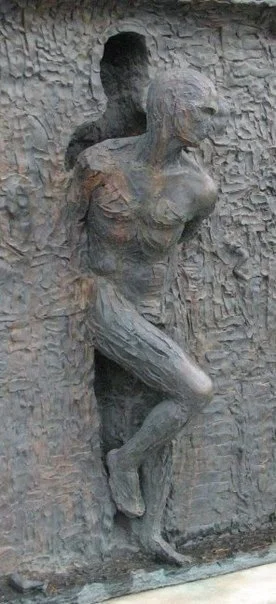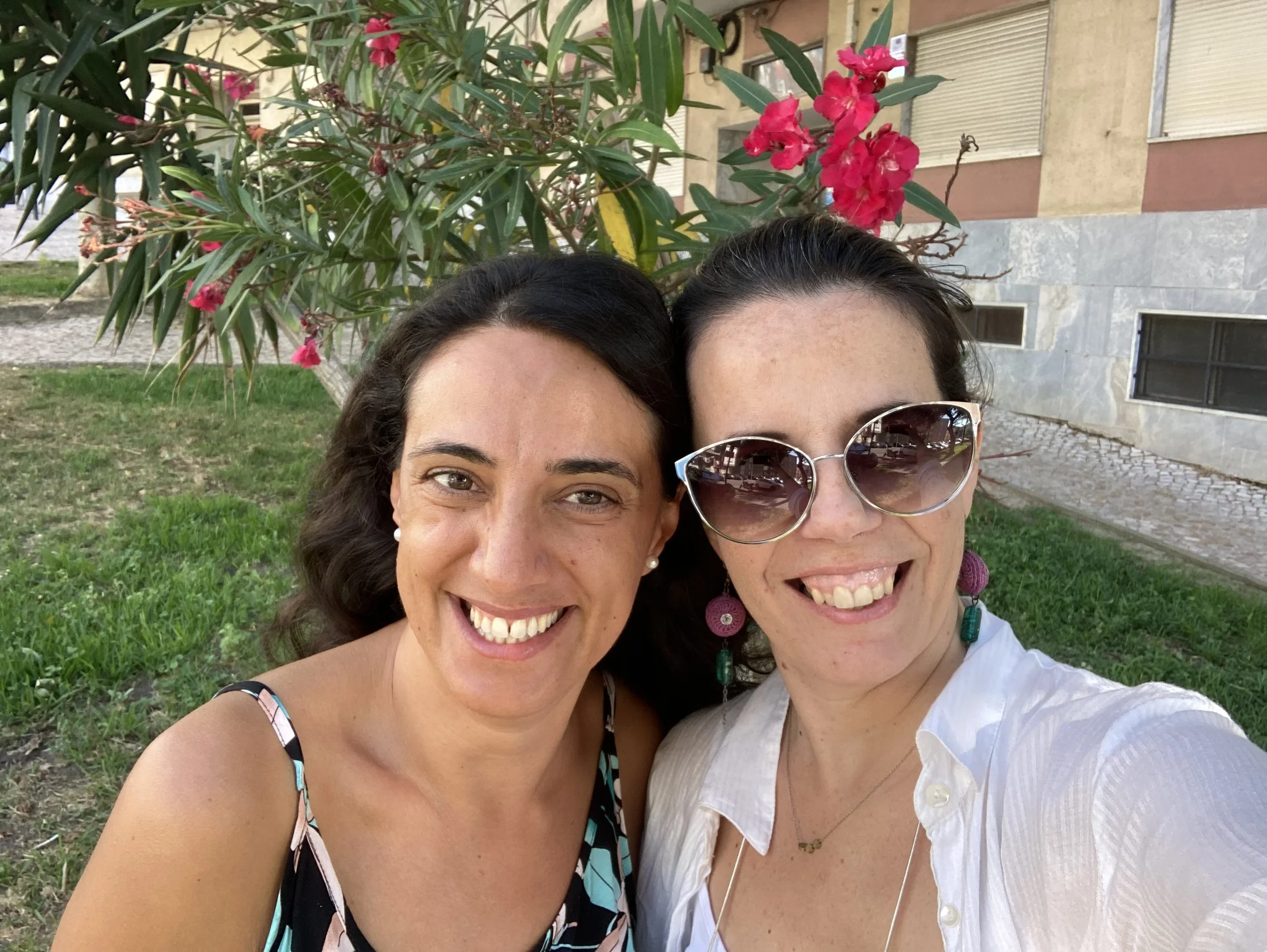Chapter 2 - What I Couldn’t Say In Church
Even after walking away from church, I found myself aching for the kind of honesty I couldn’t find there.
There were things I needed to say, but no safe place to say them.
I was grieving, and I was unraveling.
Instead of compassion, I was met with discomfort.
Instead of someone drawing close, there was distance.
And where I longed for understanding, I encountered words that shamed—and silences that stung.
In the culture I came from, emotional wounds weren’t really named. You were either strong or dramatic. You kept going, or you prayed harder. No one said, “You’re allowed to fall apart.” At least, I never heard it.
I understand things differently now. People we giving what they had received. They were doing their best with what they had been taught. And that helps—at least from the perspective of forgiveness—but it still hurt.
Even now, it still hurts when I remember it.
Understanding brings compassion, but it doesn’t excuse the absence of love or justify people’s behavior. It doesn’t make the silence feel any less lonely. It doesn’t make the shame feel any less sharp.
Bitterness took root. The anger deepened. And slowly, I pulled away—not just from people, but from faith itself.
The depression that followed was severe. Suicidal thoughts weren’t rare—they were constant. I tried to take my life more than once. I also developed anorexia, trying to control the only thing I felt I could. When the world around me felt chaotic, shrinking my body gave me a strange sense of order.
But even then—when I was at my lowest—God didn’t walk away.
He began revealing things I couldn’t see before.
That He wasn’t who I thought He was.
That He wasn’t the harsh voices or the absent ones.
That He wasn’t disappointed in my weakness.
He wasn’t looking for performance. He was looking for presence.
That’s when I started learning something I was never taught in church: how to love myself.
Not in a self-absorbed way—but in the way Jesus loves. In a way that says, “You matter too.”
I had somehow internalized the idea that dying to myself meant erasing myself. That humility meant disappearing. That love was something you gave away, but weren’t supposed to need yourself.
Unlearning that was hard. But it saved me.
I had to stop confusing being a doormat with being Christlike.
I had to stop denying my own needs in the name of faith.
Naming those patterns—that was the beginning of freedom.
By 2009, things looked more stable. I had a place of my own. I was still in therapy, still walking the slow road of recovery, but something had shifted. I was beginning to live from a different place—not out of obligation, but out of calling.
That’s when I met Marina. We connected at a house church. Today, she’s my best friend. Back then, she was simply someone who saw me—and stayed.
She didn’t try to fix me. She didn’t preach at me. She didn’t leave when things got heavy.
And because of that… I didn’t run away.
Her love made me want to run toward God.
It made me believe that peace could return.
I didn’t have the language for it at the time, but looking back, that was my first real experience of spiritual direction.
Marina and me
Chapter 3 coming soon
Next: The sacred encounter that changed everything.





